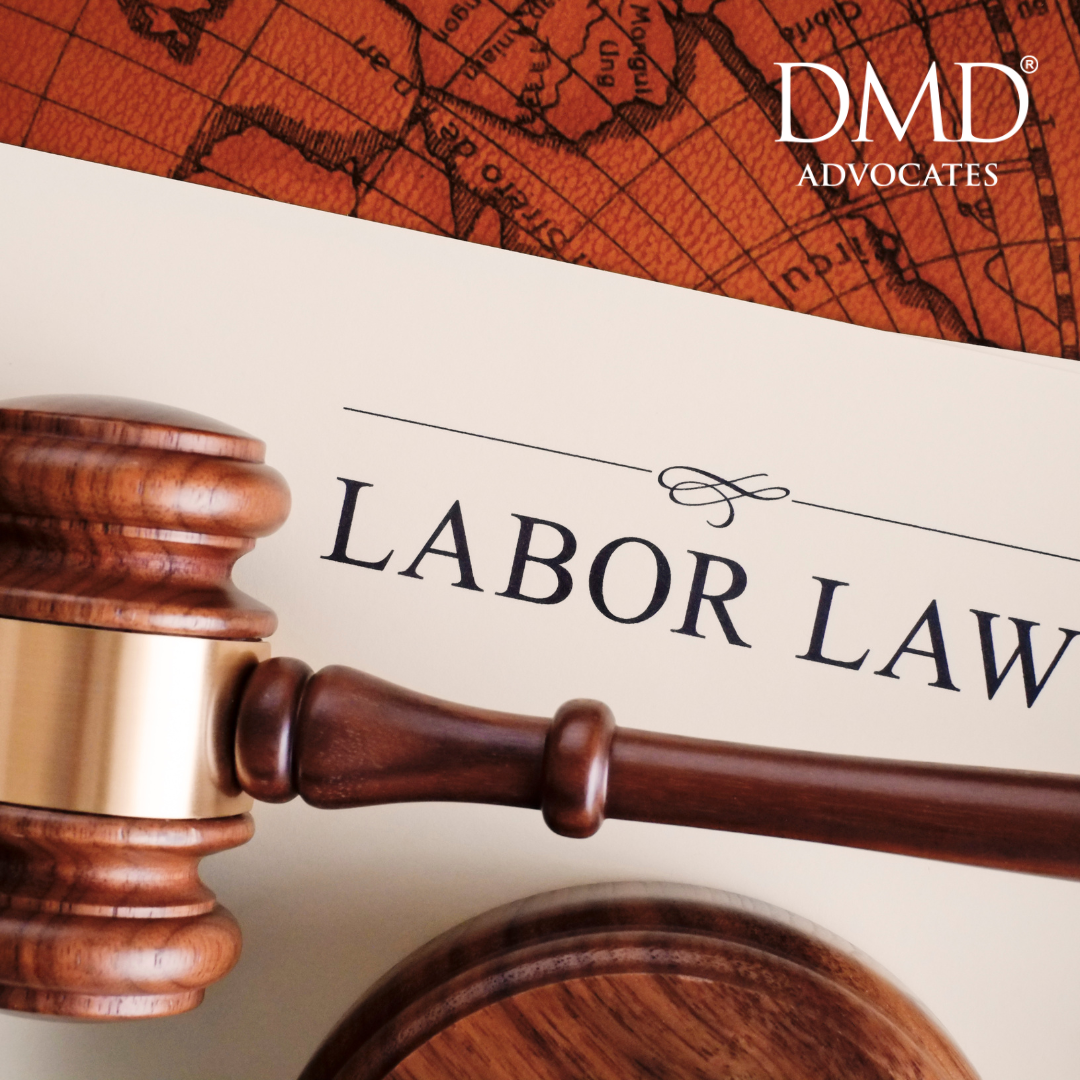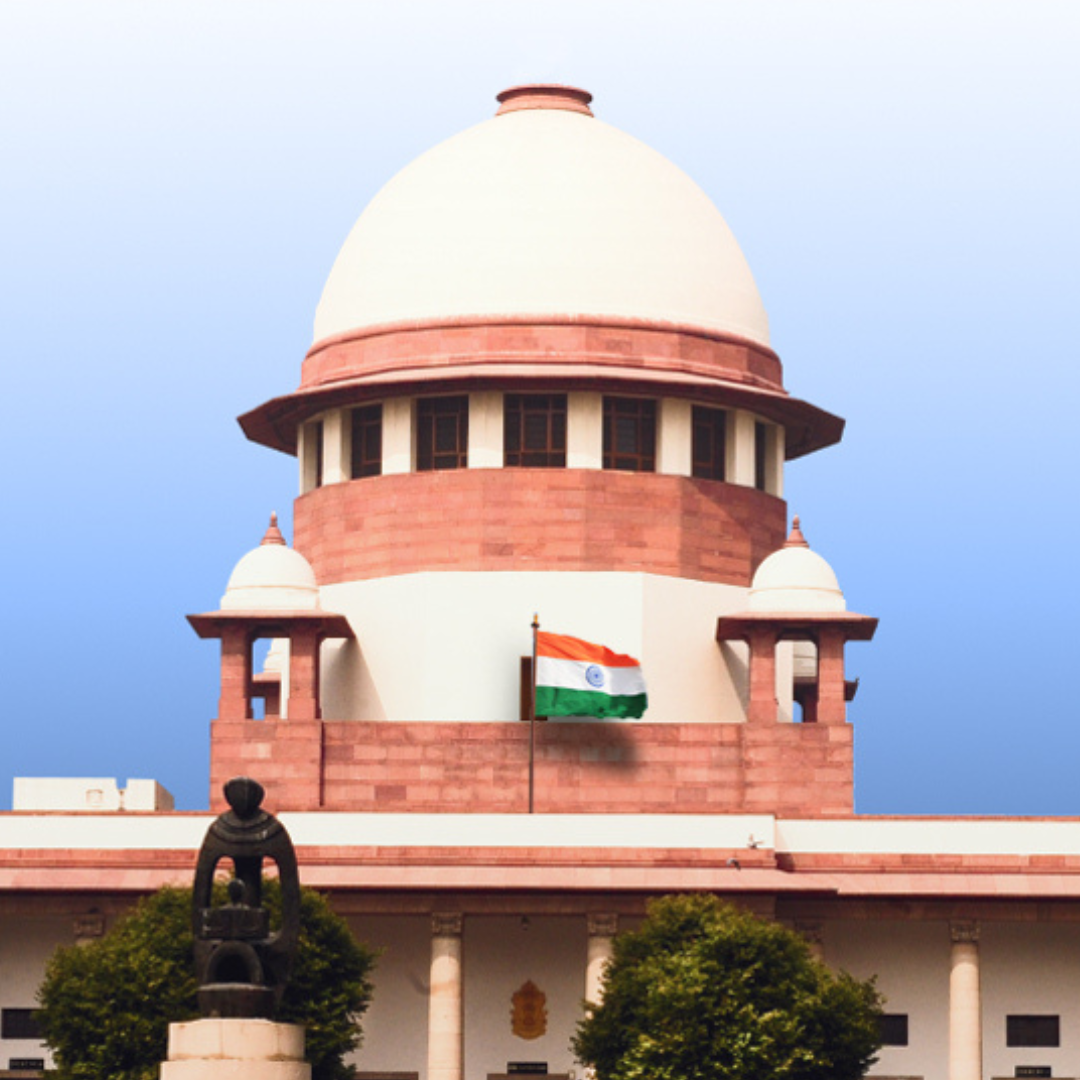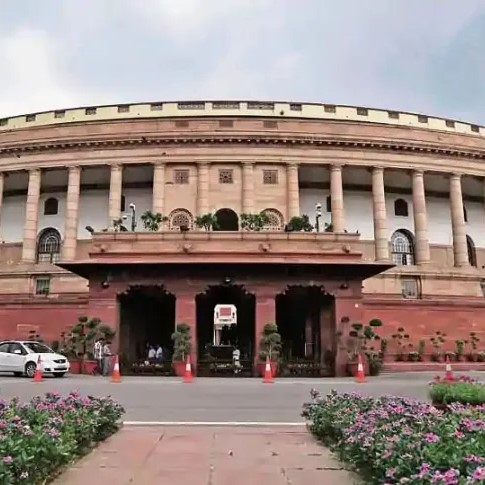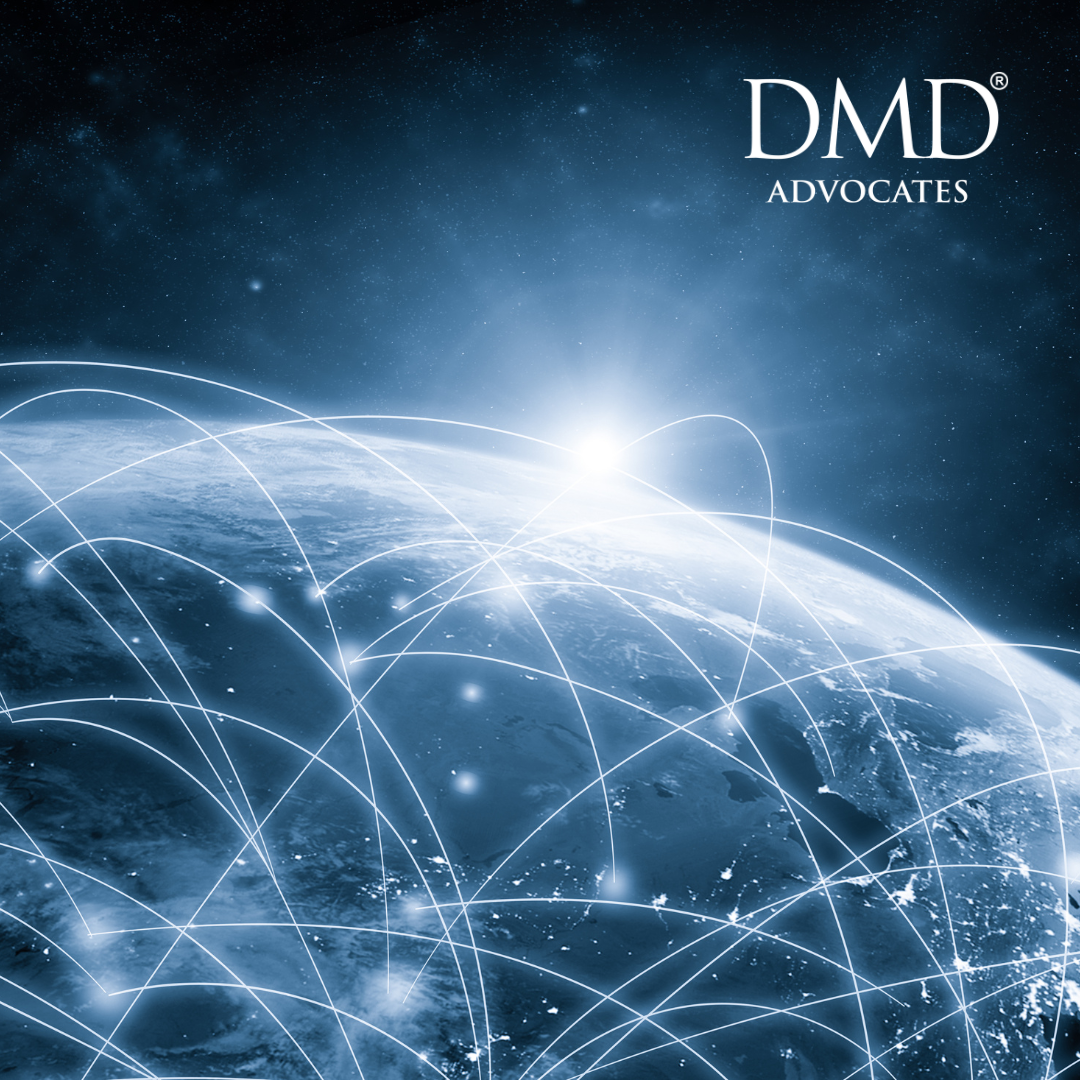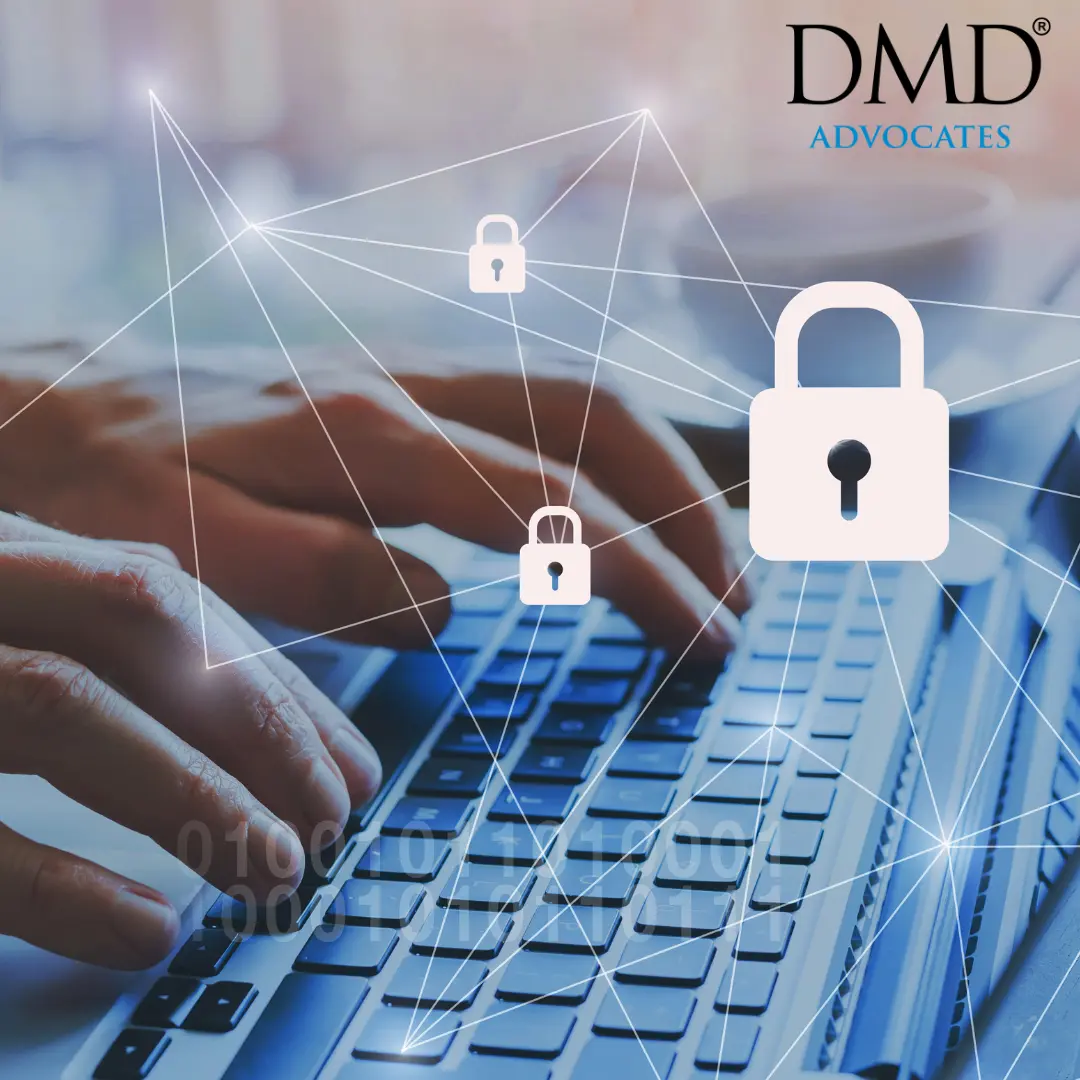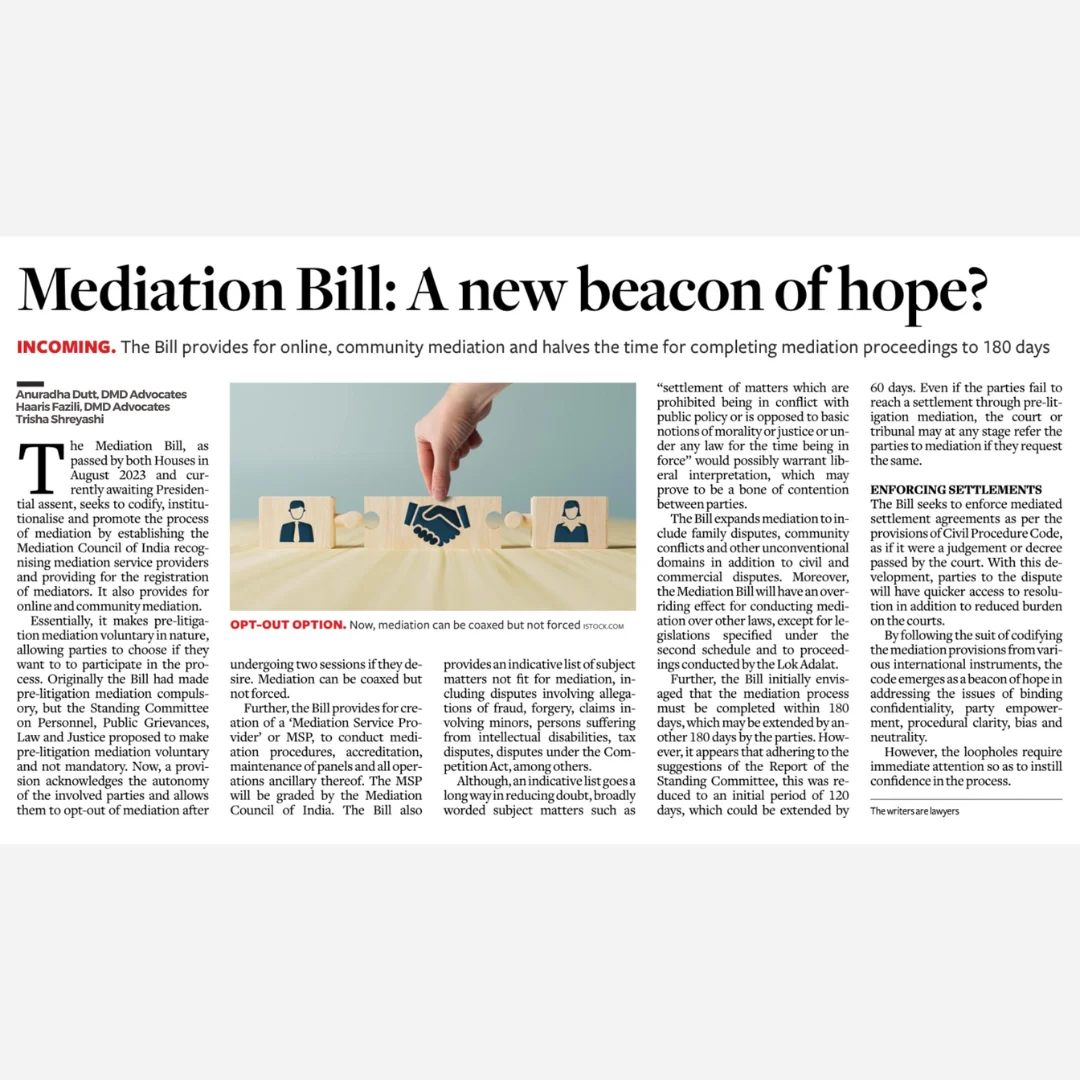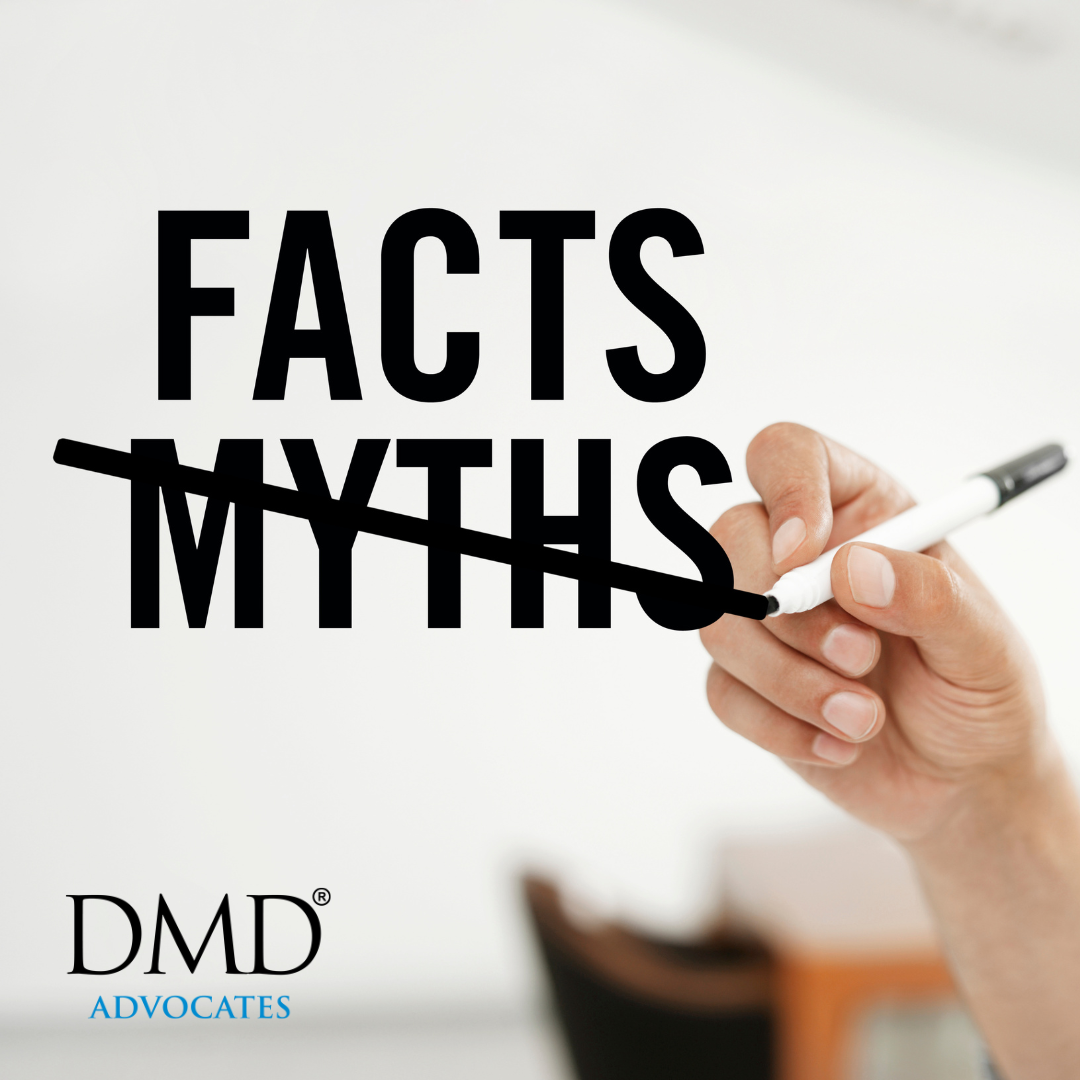Publications
Securities and Exchange Board of India (Listing Obligations and Disclosure Requirements) (Fifth Amendment) Regulations, 2025
21 Nov 2025
- DMD Advocates
- Blog
The Securities and Exchange Board of India (“SEBI”), vide notification dated November 18, 2025, has introduced the Securities and Exchange Board of India (Listing Obligations and Disclosure Requirements) (Fifth Amendment) Regulations, 2025 (“LODR”) (“Amendment”). These amendments primarily target enhanced governance, oversight, and transparency in related party transactions, introduce a more nuanced materiality framework, and strengthen monitoring of subsidiary-level related party transactions.
Detailed Analysis of Key Amendments
1. Expansion of the Definition of ‘Related Party Transaction’ under Regulation 2(1)(zc)
Prior to the Amendment, Regulation 2(1)(zc)(e) of SEBI LODR covered transactions involving a transfer of resources, services or obligations between retail purchases from any listed entity or its subsidiary by its directors or its employees, without establishing a business relationship and at the terms which are uniformly applicable/offered to all employees and directors.
The erstwhile scope was limited to transactions involving directors or employees of the listed entity (without extending to subsidiaries) and their relatives. Post the Amendment, a new inclusive limb has been inserted whereby the following entities/persons are expressly brought within the ambit of “related party transactions”: “the directors or key managerial personnel of the listed entity or its subsidiary, and relatives of such directors or key managerial personnel”.
2. Materiality Thresholds for Related Party Transactions
Prior to the Amendment, as per Regulation 23(1) of SEBI LODR, a transaction with a related party was treated as ‘material’ if the transaction to be entered into individually or taken together with previous transactions during a financial year exceeded INR 1,000 crore or 10% (ten percent) of the annual consolidated turnover of the listed entity as per the last audited financial statements, whichever was lower. Pursuant to this Amendment, the erstwhile twin-threshold test as mentioned above stands replaced by the materiality criteria prescribed under the newly inserted Schedule XII to the LODR Regulations. Listed entities are now required to benchmark materiality of related party transactions against the parameters laid down in Schedule XII.
3. Enhanced Oversight of Subsidiary-Level Related Party Transactions
Pursuant to the erstwhile Regulation 23(2) of SEBI LODR, prior approval of the audit committee of the listed entity was required only where the value of a related party transaction entered into by a subsidiary (in which the listed entity was itself not a party) exceeded 10% (ten percent) of the consolidated turnover or standalone turnover, as the case may be in accordance with sub-clause (b) and (c) of the second proviso to Regulation 23(2) of SEBI LODR, of the listed entity.
Now the trigger for mandatory prior approval of the audit committee of the listed entity has been significantly lowered and diversified. Post the Amendment, any related party transaction to which a subsidiary is a party (but the listed entity is itself not a party) and whose value (individually or together with previous transactions in the financial year) exceeds INR 1 crore shall require prior approval of the audit committee of the listed entity if the value of such a related party transaction exceeds the lower of: (i) 10% (ten percent) of the annual standalone turnover of the subsidiary as per the last audited financial statements of the subsidiary; or (ii) the threshold for material related party transactions of listed entity as specified in Schedule XII; or (iii) 10% (ten percent) of the aggregate value of paid-up share capital and securities premium account of the subsidiary. Further the aggregate value of paid-up share capital and securities premium account of the subsidiary is required to be taken as on date and cannot be older than 3 (three) months prior to the date of seeking approval of the audit committee.
Conclusion
The Amendment represents a decisive step by SEBI by tightening the regulatory framework governing related party transactions for listed entities particularly at the subsidiary level. The shift to a Schedule based materiality thresholds provides definitive approach towards the related party transactions and its thresholds without repeated amendments to the principal regulation.
Credits: Shubhangi Bhatnagar (Principal Associate) & Jasmine Brar (Associate)


